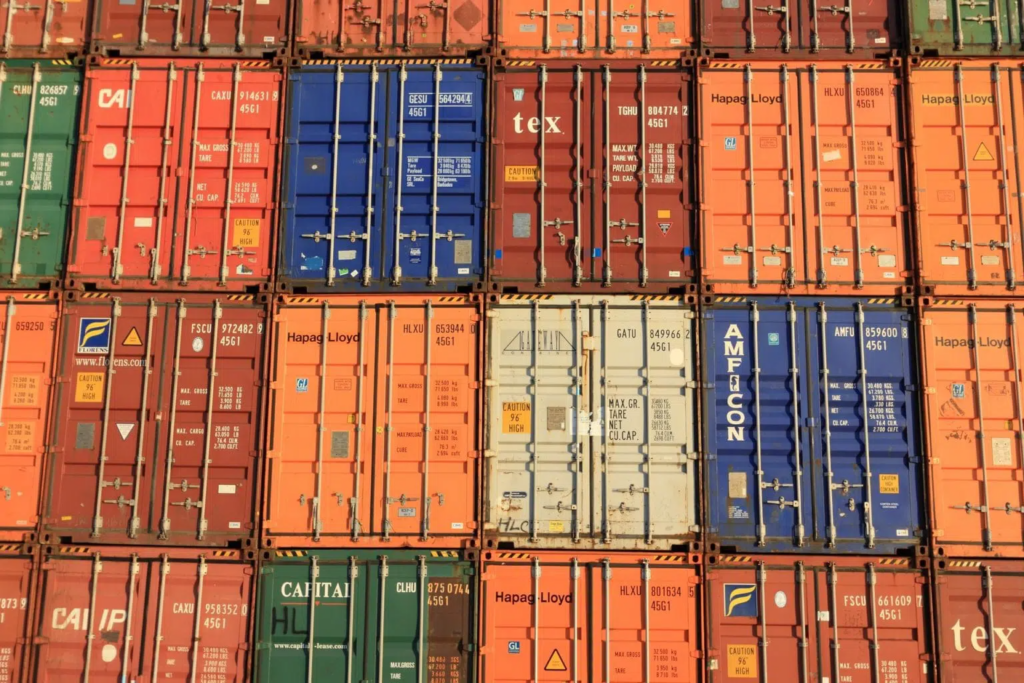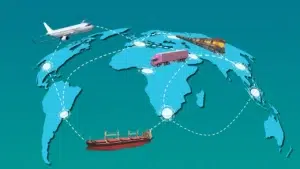I’ve spent months organizing a new build for our company here in Manitoba. It hasn’t been easy, working with contractors in the middle of a pandemic to build our new facility.
Deciding which contractor to go with wasn’t easy. In the end, it came down to picking the one who we felt best understood what we were going through.
The pandemic has wrought havoc with the supply chain. Building a new facility at a time like this can be stressful, to put it mildly, because processes that in the past would go relatively smoothly are a little more complicated right now.
We went with the contractor we felt most comfortable with, who we felt the most reassured by. Now, that doesn’t mean we were looking for promises that everything would go fine, and that we had nothing to worry about. At a time like now, nobody can promise you that everything will be OK and it’s smooth sailing from here on in.
Pre-pandemic, I could tell a customer with relative certainty what the delivery time for a colour sorter could be.
In the beginning of the pandemic, it was hard to say to a customer, ‘Sorry, we’re going to be late with that order.’ All these months later, we’ve learned to build in the expectation that a project could be delayed due to extended shipping times, and to encourage them to be proactive in making decisions and factor in potential shipping delays.
Doing this helps to cultivate the feeling that we’re all in this together. Creating a sense of unity with the customer helps everyone involved to work better together. When you meet your customer on a level playing field, you can do your best to make them comfortable but not have a problem saying to them, “I’m so sorry this took longer than anticipated,’ or ‘I’m so sorry, I can’t get that specific part in right now, but can offer you something slightly different that will still get the job done.”
In the end, we chose a contractor who we felt put themselves in our shoes and understood our situation — and also respected us by being clear in regard to expectations and the realities of doing business in challenging times. It’s a recipe for success all-around.









